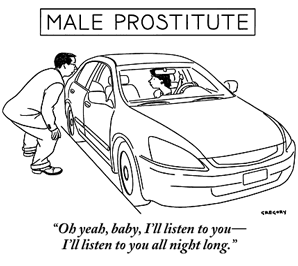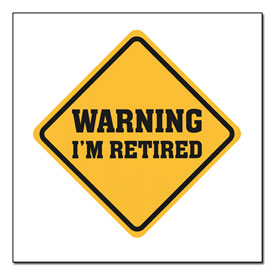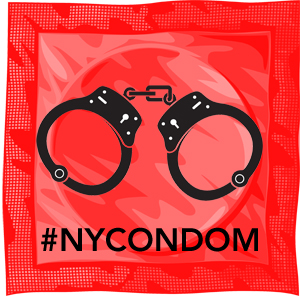Guys Do It Too

As much as we all love our site name—Kat, you are a genius—we know that it may not make us seem like a particularly male-friendly space. But unlike sex work’s most vociferous critics, we are very aware that not all sex workers are women. Just this week, we sent out a call for a straight male escort to review Hung (Fingers crossed!) and we have a list of guys we’d love to convince to write for us. While we get those posts lined up, why not check out this male escort’s story? My favorite part:
It is a very dangerous business because you have to look out for the police, decoys and other people that might set you up.
He goes on to tell a story of how his friend got picked up on the street by a cop posing as a client, which seems to be the only negative experience he’s had. This, in spite of the fact that “Edward” is what’s sometimes called a “survival” sex worker: he only works when he has bills he would otherwise be unable to pay. Therefore, the theory goes, he’s extra vulnerable to abuse and exploitation.



